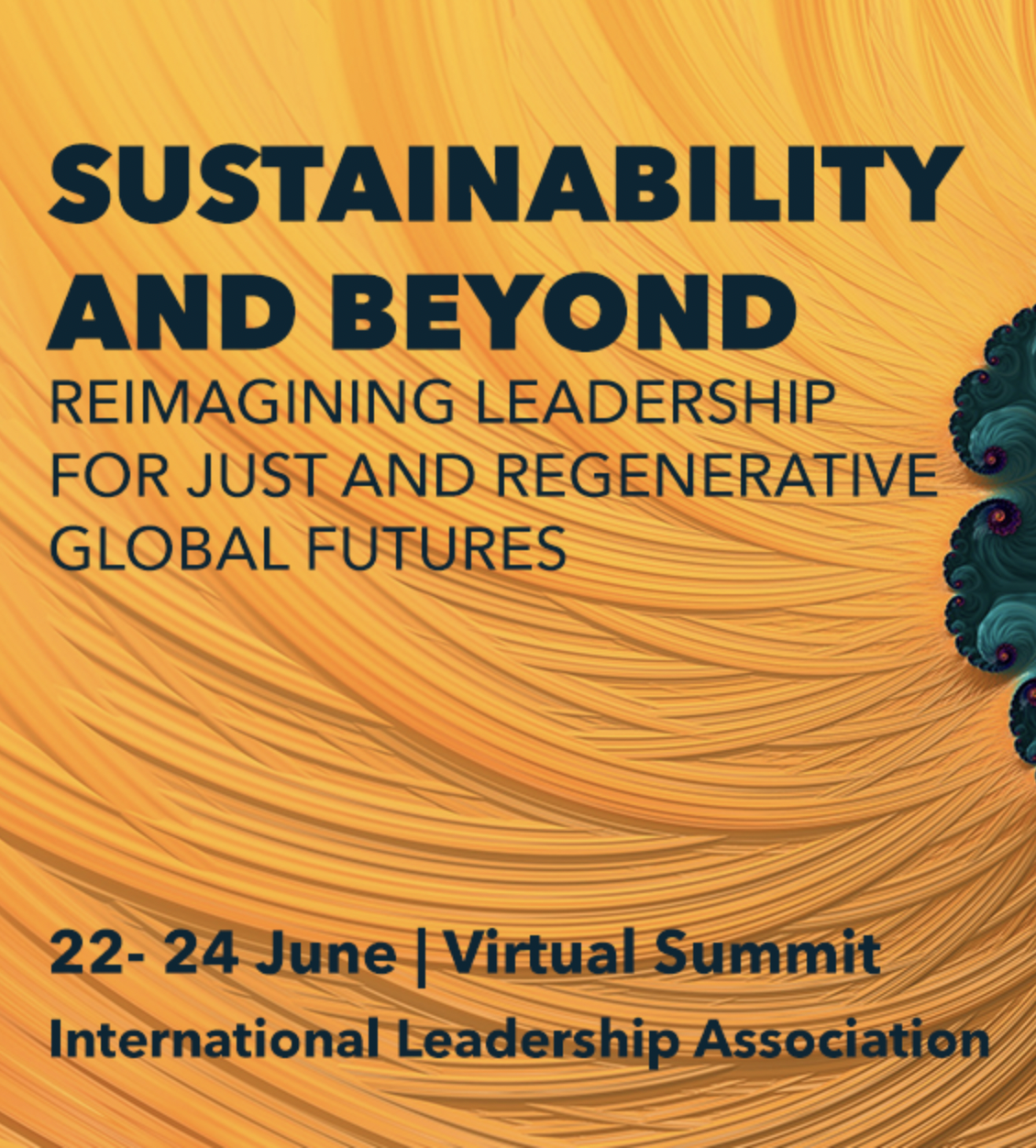Sustainability Leadership Summit
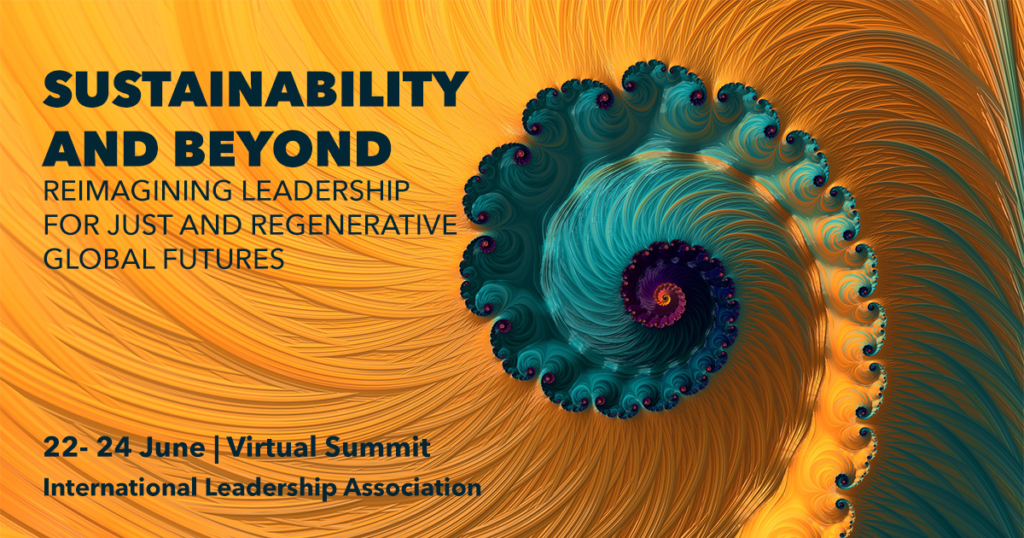
Sustainability and Beyond: Reimagining Leadership for Just and Regenerative Global Futures
Oceans icon Sylvia Earle: “The next ten years are the most important in the next 10,000.”
The International Leadership Association, through this Sustainability and Beyond summit, is inviting change agents and leaders to mobilize, reimagine and collectively accelerate the positive changes needed to meet the daunting challenges facing planet and people.
Yes, we know the science. Business recognizes climate change is a growing material concern. Communities and individuals are increasingly negatively impacted. But not all are acting. We are in a race to reimagine our futures and design a sustainable shift toward more just, equitable, and ecological ways of living, leading, and being.
We have less than a decade to make a significant impact to alter our current trajectory of 3 degrees C global warming and protect the futures of the next generations. Leadership is about bold change, not maintaining the status quo. Together we can act and engage locally to collectively transform and scale our global community. Together we can make a positive difference!
This summit is designed to create space for people of common purpose to gather, inspire and be inspired, connect with others, and learn what they can do to help create regenerative global futures.
Each day will have a different theme. They include:
- Visionary Leadership for Systems Change
- Economic Imperatives of Sustainable and Regenerative Futures
- Marginalized to Mainstream: Equity, Justice, and Regenerative Futures
Summit plenary and concurrent session speakers will specifically speak to all of the UN Sustainable Development Goals.
Conference Agenda
Scroll past the agenda to read bios of plenary and featured speakers!
Tuesday 22 June
Visionary Leadership for Systems Change
13:00-13:30 EDT
SDGs 1, 7, 13
Plenary: The Big Picture: Planetary Boundaries and Global Futures
Peter Schlosser (Co Chair, Earth League), Johan Rockström (Co Chair, Earth League), Farhana Yamin (UNFCCC)
Join world-renowned scientists and an international climate lawyer in a discussion on global decision making for the future of our people and planet.
13:30-14:15 EDT
- SDG 8
- SDGs 8, 11
- SDGs 8, 11, 16
Concurrent Sessions
- Accelerating Transformation From Sustainable to Regenerative – Daniel Lawse (Verdis), Kim Morrow (Verdis) In c-suites and council chambers across the US, we are seeing a shift from an old worldview that is mechanistic, separate, closed and short-term to a new way of leading businesses and communities that is based on living, open, connected, and long-term systems. This change shifts from degenerative practices past sustainability and into a regenerative worldview. While we haven’t seen anyone who has figured it all out, we are seeing the shift happening as budgets are set, plans are made, and actions are taken to co-create a more regenerative future today. Join us to hear what is shifting and how to accelerate regenerative change.
- Engagement and Policy – David Smedick (Sierra Club) Learn and discuss how policy, advocacy, and community mobilization can combine to tackle the looming climate crisis while empowering the next generation of societal changemakers.
- Systems Change Relating to Global Governance – Maja Groff (Global Climate Governance Commission), Johan Falk (Exponential Roadmap Initiative), Linda Burenius (Global Challenges Foundation), Jimena Leiva Roesch (International Peace Institute), Joachim Monkelbaan (International University in Geneva) Maja Groff will lead a discussion with Johan Falk and Lina Burenius on on the three major climate action gaps identified by the Commission, the need to think in terms of “exponential policies” and the need to scale policy solutions globally, to be in line with Paris Agreement. Followed by Jimeana Leiva on strengthening “bottom up,” multi-stakeholder global alliances for climate action; and a former Paris Agreement negotiator’s view on current governance opportunities . Finally Joachim Monkelban will speak on connecting international trade policy and with Paris Agreement climate goals followed by an indepth discussion with conference attendees.
14:30-15:00 EDT
SDGs 11, 13
Plenary: Solutions: From Global to Local
Éliane Ubalijoro (Future Earth), Caralee McLiesh (Treasury, New Zealand), Chad Frischmann (Project Drawdown)
Meaningful change is needed at all levels to preserve our planet and our global futures. Join this panel to learn how leaders from global to local are implementing practical frameworks for global change.
15:00-15:45 EDT
- SDGs 6, 7
- SDGs 1, 3
- SDGs 11, 13
Concurrent Session
- Water Credits – Ravé Mehta (Water Ledger) The world is becoming more water stressed as climate change and population growth continues to deplete our water systems causing people and nations to fight over water. Learn about the water-carbon nexus and how water is the largest effect of climate change but also fundamental to the climate solution.
- Direct Trade and Value-Added in Supply Chains – Michael Sheridan (Intelligentsia Speciality Coffee) This session will offer insights from the direct trade coffee model pioneered by Intelligentsia Speciality Coffee and the company’s Director of Sourcing and Shared Value, Michael Sheridan. The direct trade model goes beyond Fair Trade to build up the livelihood of coffee workers year in and year out.
- Unpacking the Plenary – Ben Redekop (Christopher Newport University) A facilitated conversation around the topics of the plenary.
15:50-16:00 EDT
SDGs 9, 11, 13
Closing: Systems Change From Global to Local
Henk Rogers (Blue Planet Foundation)
Tech game guru and regenerative futures champion Henk Rogers will share the leadership journey that led to Hawaii becoming the first U.S. state to commit to 
Wednesday 23 June
Economic Imperatives of Sustainable and Regenerative Futures
13:00-13:30 EDT
SDGs 8, 12
Plenary: Transforming Business at Scale
Helle Bank Jorgensen (Competent Boards), Gemma Corrigan (World Economic Forum), Euan Murray (The Sustainability Consortium)
Private sector is leading global transitions to sustainable and regenerative futures. Join ESG Competent Boards, the World Economic Forum, and The Sustainability Consortium.
13:30-14:15 EDT
- SDGs 9, 12
- SDGs 1, 3
- SDGs 8, 12
Concurrent Session
- Retail and Sustainability – Brianne West (Ethique), Jan Berbee (Grown Bio), Wayne Mulligan (New Zealand NZ Bio Forestry Limited) Join three global innovators and entrepreneurs leading the way on zero waste, carbon negative packaging and sustainable business models grounded in indigenous wisdom.
- Innovation for People & Planet: How Starbucks & ASU Are Redefining Public-Private Partnerships for Good – Deirdre Wilson (ASU- Office of University Affairs), Lisa Young (ASU- Office of University Affairs), Dave White (ASU-School of Community Resources & Development) Description forthcoming.
- Unpacking the Plenary – Jonny Norton (Bounce Beyond) A facilitated conversation around the topics of the plenary.
14:30-15:00 EDT
SDGs 9, 13
Plenary: Scaling Innovation for Transformation
Dawn Lippert (Elemental Excelerator), Alex Dehgan (Conservation X Labs), Noel Pacarro Brown (Morgan Stanley)
15:00-15:45 EDT
- SDGs 4, 9
- SDGs 2, 13
- SDGs 9, 13
Concurrent Session
- Social Innovation – Madison Marks (Social Innovation Lab at Johns Hopkins University) The Social Innovation Lab (SIL) at the Johns Hopkins University supports innovative nonprofits, mission-driven companies and disruptive technologies to create change and opportunity in Baltimore and beyond. Open to Baltimore-area changemakers – including but not limited to Johns Hopkins faculty, students and staff – SIL provides social entrepreneurs the funding, mentorship, office space and workshops they need to develop into thriving, sustainable ventures that make a measurable impact.
- Reclaiming Resources – Leah Lizarondo (412 Food Rescue + Food Rescue Hero)
- Unpacking the Plenary – Gayle Spencer A facilitated conversation around the topics of the plenary.
15:50-16:00 EDT
Closing: Conference weaving
Kathy Allen (Allen and Associates)
Thursday 24 June
Marginalized to Mainstream: Equity, justice, and regenerative futures
18:00-18:30 EDT
SDGs 5, 13, 14
Plenary: Regenerative Futures for Collaboration through Collective Action
Nikhil Dave (ASU Luminosity Lab), Bridget Burns (Women’s Environment and Development Organisation), Aulani Wilhelm (Conservation International)
Intersectional change is key for sustainable and just regenerative future. Join this panel of experts to learn how indigenous wisdom, gender equality, and the youth movement are advancing global sustainable solutions.
18:30-19:15 EDT
- SDGs 2, 12, 15
- SDG 8
- SDGs 5, 13, 14
Concurrent Session
- Bringing Marginal to Mainstream in Food – Hugo Mollogon (Fresh Farm Market) FRESHFARM is a nonprofit that promotes sustainable agriculture and improves food access, education, and equity in the Mid-Atlantic region. It operates over two dozen producer-only farmers markets that provide vital economic opportunities to local farmers and food producers, pioneered an innovative food distribution programs that increases food access for low-income communities, and built an innovative food education program in the public schools and neighborhoods that builds healthier communities. Hugo, will explain their programs (especially Food Prints and Pop-up Food Hubs) and discuss the emerging metrics of success of their endeavors.
- Intersectional Environmentalism Council – Andres Bernal (Institute for Sustainable Prosperity) This session will explore intersectional environmentalism and economics, and the ways in which a regenerative economic system can address historically rooted injustice and inequity.
- Unpacking the Plenary – Rian Satterwhite (University of Nevada) A facilitated conversation around the topics of the plenary.
19:30-20:00 EDT
SDGs 10, 16
Plenary: Just Futures for Collaboration through Collective Action
Melissa Nelson (ASU- Indigenous Sustainability), Alyse Nelson (Vital Voices Global Partnerships), Sir Ian Taylor (Animation Research Ltd)
Join leading experts and activists to explore how women & indigenous leaders are accelerating impact through collaboration and collective action.
20:00-20:45 EDT
- SDG 5
- SDGs 10, 16
- SDGs 10, 16
Concurrent Session
- Gender Equity and Sustainability – Jessie Ramey (Pittsburgh Gender Equity Committee) This session will provide an overview of the work of the Pittsburgh Gender Equity Committee, which was comissioned to identify how and to what extent discrimination manifests against all women and girls, including trans women and gender variant or fluid individuals, in the City of Pittsburgh. The session will include an interactive opportunity.
- Aboriginal Power – Maisa Arias (Pachamama Alliance), Belén Páez In this session we’ll explore the importance of listening to Indigenous voices and wisdom as organizations engage in the necessary work of addressing climate justice to bring forth a thriving, just and sustainable human presence on the planet.
- Unpacking the Plenary – Joanna Stanberry (Claremont McKenna College) A facilitated conversation around the topics of the plenary.
20:50-21:00 EDT
SDG 13
Closing
Māori Poet Te Kahu Rolleston
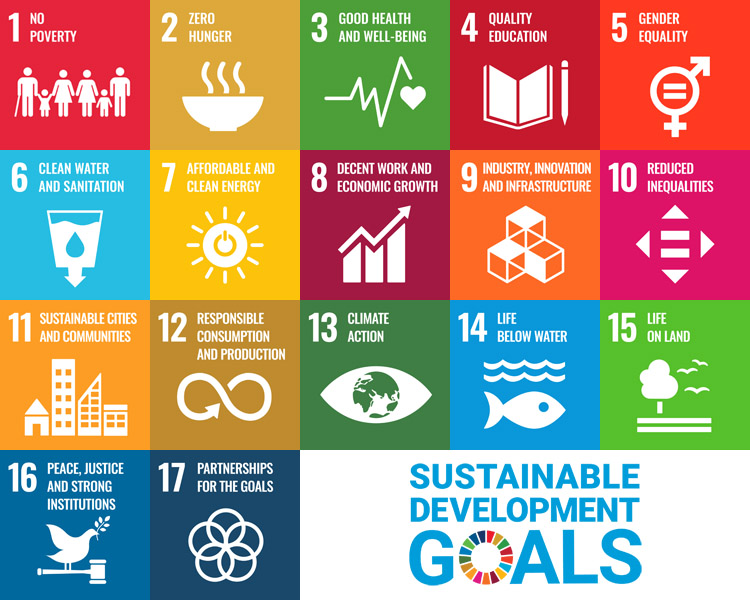
Plenary Speakers
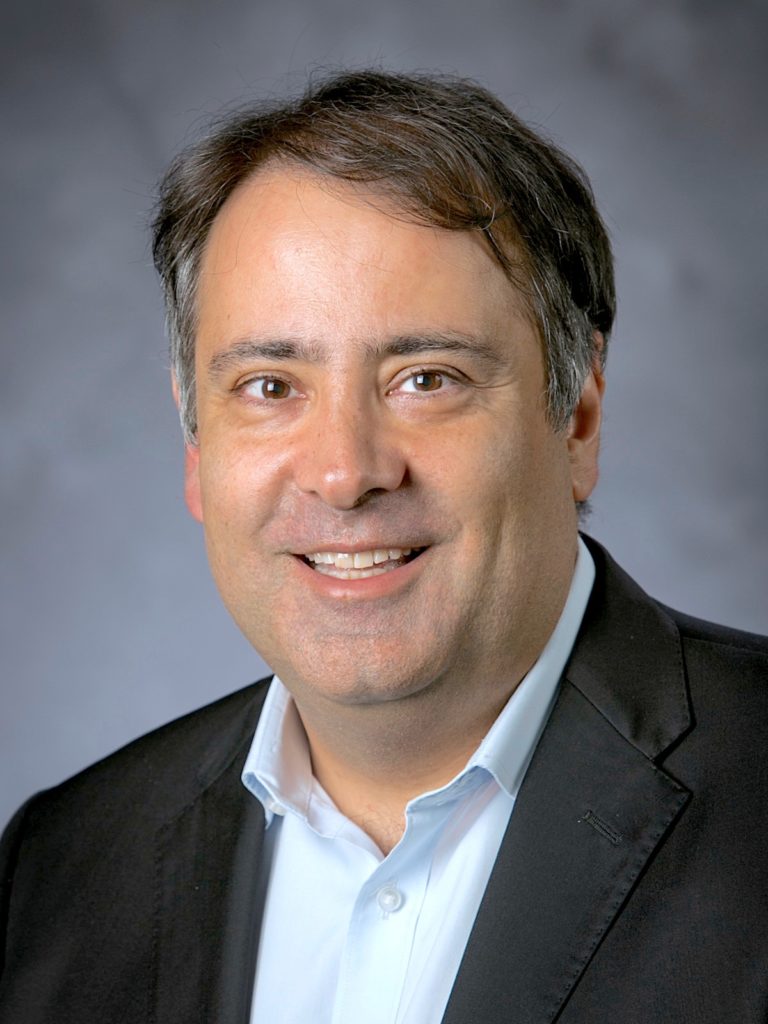
Alex Dehgan is the CEO of Conservation X Labs. CXL builds transformative technologies through its labs, and harnesses open innovation, to create new solutions to prevent extinction. Alex previously served as the Chief Scientist of USAID, with rank of Assistant Administrator, and worked in multiple positions in the Office of the Secretary at the State Department. Alex was also the founding country director of the Wildlife Conservation Society’s Afghanistan Program and helped create Afghanistan’s first national park. He wrote The Snow Leopard Project which describes that effort.
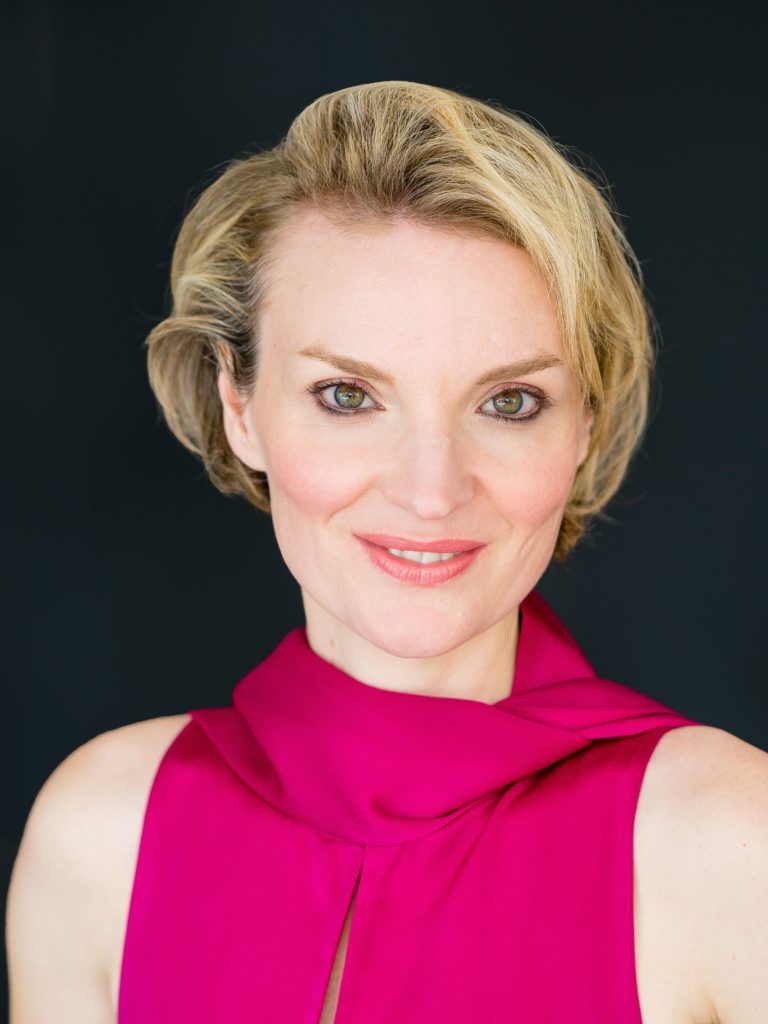
Alyse Nelson is President and CEO of Vital Voices Global Partnership. A cofounder of Vital Voices, Alyse has worked for the organization for more 22 years, serving as vice president and senior director of programs before assuming her current role in 2009. Under her leadership, Vital Voices has expanded its reach to 16,000 women leaders across 181 countries. Previously, Alyse served as deputy director of the State Department’s Vital Voices Global Democracy Initiative and staffed the President’s Interagency Council on Women at the White House.
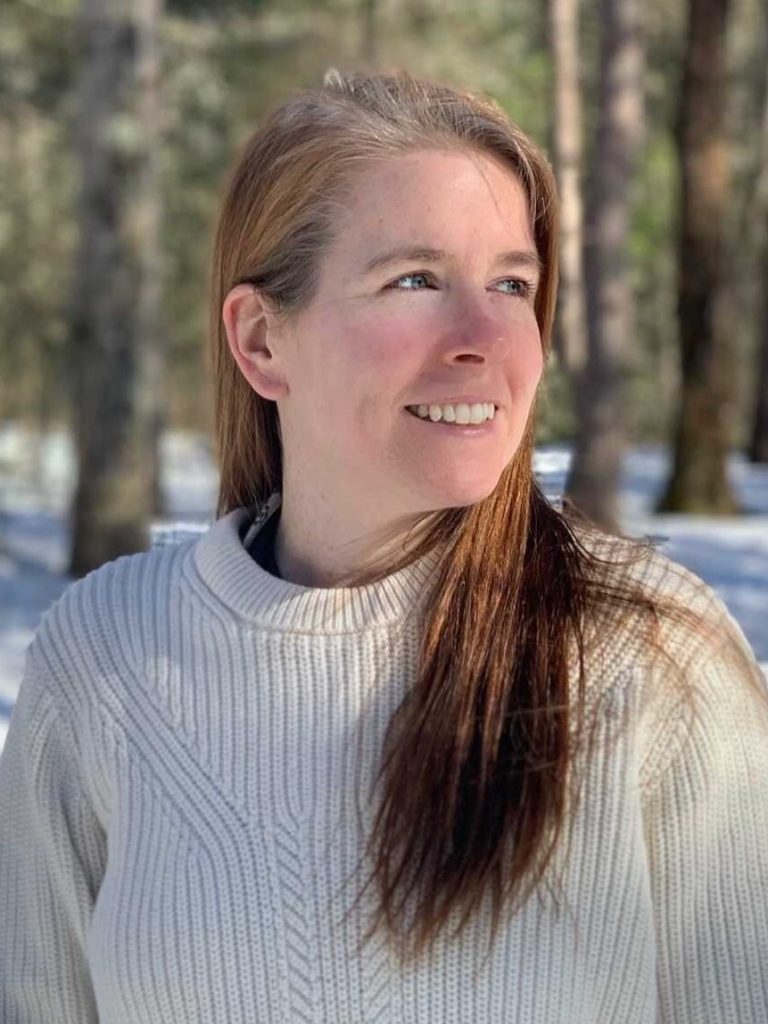
Bridget Burns is a feminist, environmental activist & the Director of the Women’s Environment and Development Organization (WEDO), a global advocacy organization working at the intersections of gender equality and environmental justice. For over a decade, she has been focused on integrating gender equality into climate change policy and decision-making at global and national levels. In her work at the international policy level, she has facilitated travel support and capacity building for over 250 women from the Global South to participate as part of their national delegations in UNFCCC meetings and intersessionals, under WEDO’s flagship Women Delegates Fund (WDF) programme. In addition, Bridget serves as the co-Focal Point of the Women and Gender Constituency, which supports the political participation of women’s rights advocates into the UN climate change process. Through synergies with key civil society activists, this work has supported the integration of gender equality language across 70 programs and decisions of the UNFCCC. Bridget also sits of the Steering Committee of the Feminist Green New Deal Coalition, as well as the Coalition for a Feminist Foreign Policy in the United States.
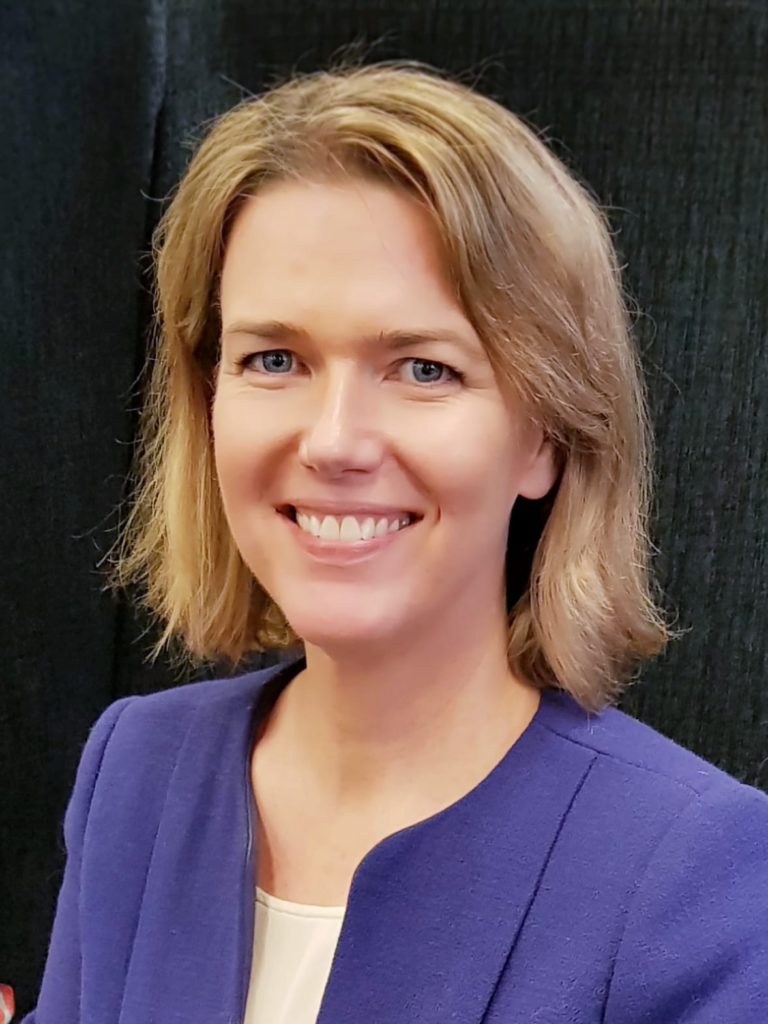
Caralee McLiesh is the Secretary of New Zealand Treasury. Among her priorities are to support the government’s wellbeing approach to budgets and further develop the NZ Treasury’s living standards framework. Prior to her current role Caralee was Managing Director at TAFE NSW, Australia; and from 2008-2018, held several Deputy Secretary roles at the NSW Treasury. Caralee also worked at the World Bank from 2000-2007, the International Red Cross and the Boston Consulting Group. She holds a BEc (Hons 1) from the Australian National University and a PhD (Finance) from the University of Melbourne.
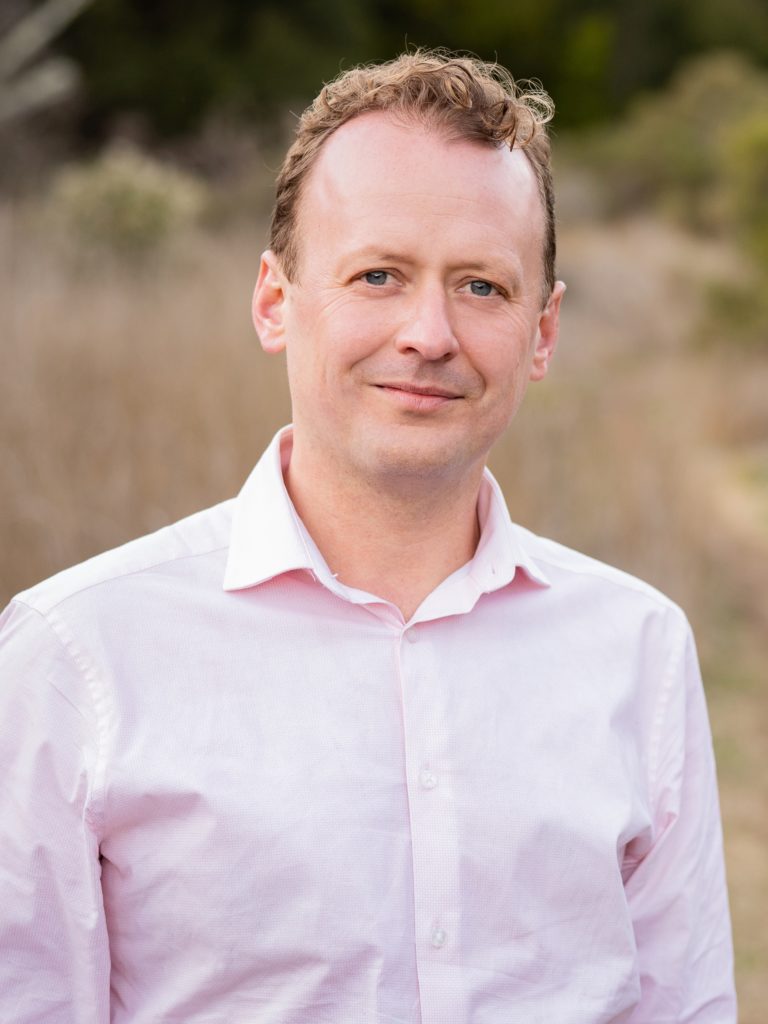
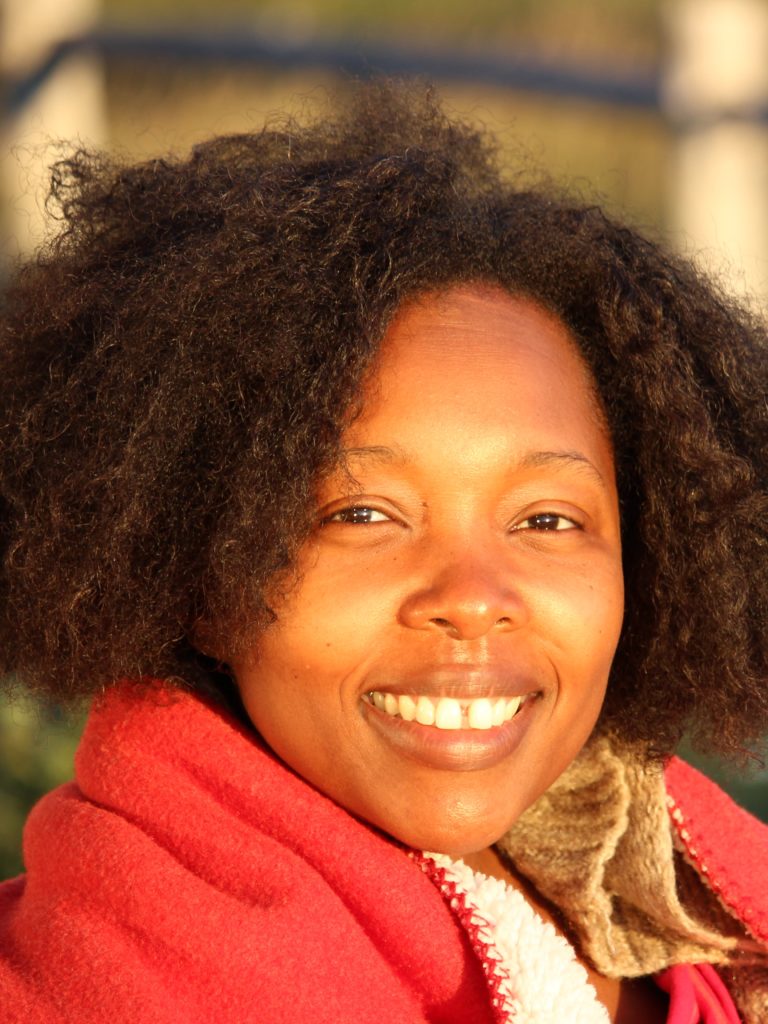
Éliane Ubalijoro, PhD, is the Executive Director of Sustainability in the Digital Age and the Global Hub Director in Canada for Future Earth. Her decades of experience span academia, science-policy and the non-profit and international development sectors. She is a member of the Impact Advisory Board of the Global Alliance for a Sustainable Planet. Eliane is a member of Rwanda’s National Science and Technology Council. She is a member of the Capitals Coalition Supervisory Board. Eliane is a board member of the International Leadership Association.
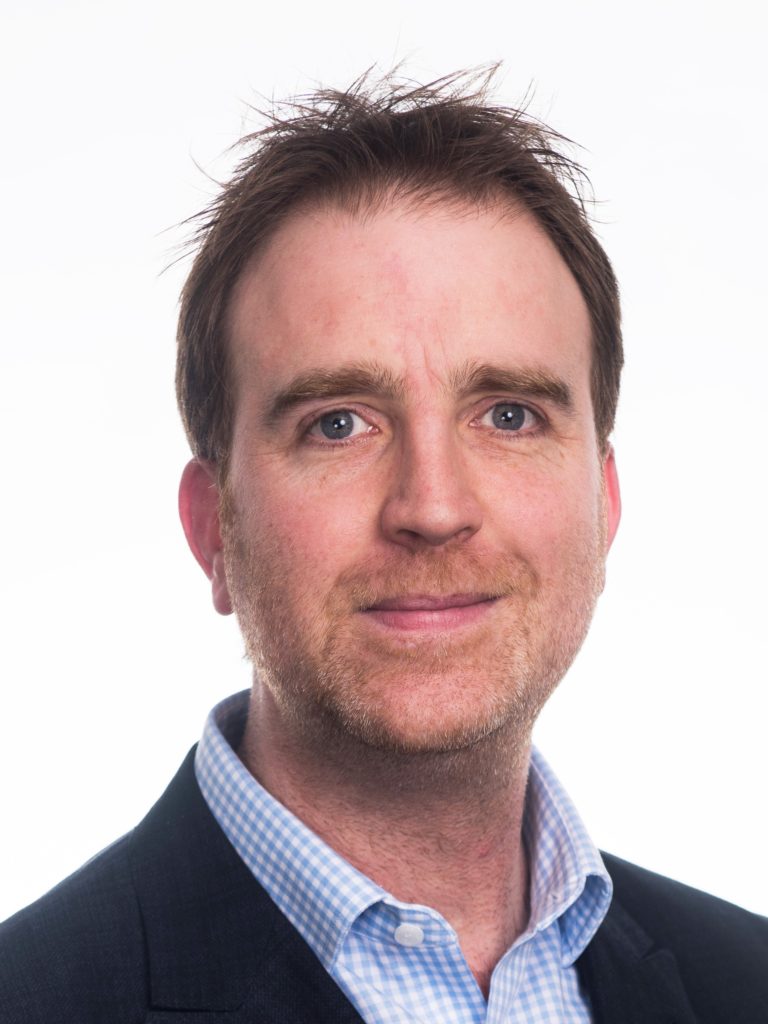
Euan Murray is Chief Executive of The Sustainability Consortium, a non-profit with a mission to use the best sustainability science to make all consumer products sustainable. Over 1,700 of the largest food and consumer goods companies now use The Consortium’s THESIS platform to understand the sustainability impacts of their products, target improvement opportunities, and tell that sustainability story to their customers, investors, consumers. THESIS covers products worth around $1trillion dollars in annual sales and is seeing a 5-10% improvement in transparency and sustainability year-on-year.
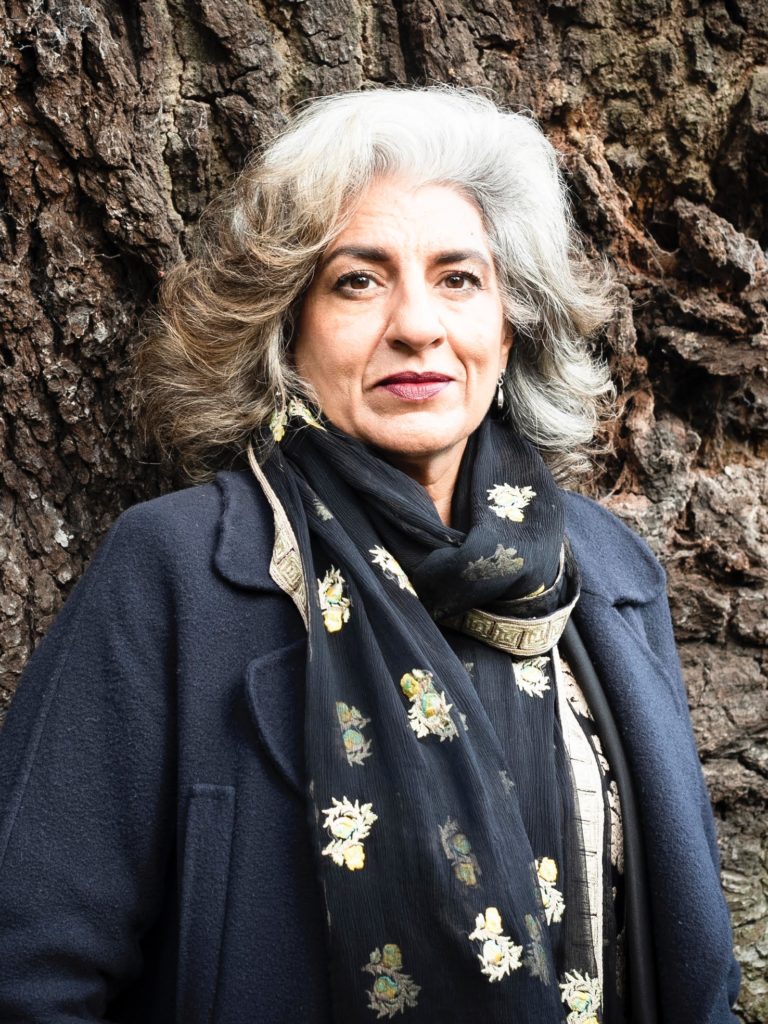
Farhana Yamin, Lawyer, Author, Activist, Expert Adviser to Climate Vulnerable Forum Internationally recognised environmental lawyer, climate change and development policy expert. Has advised leaders and ministers on climate negotiations for 30 years, representing small islands and developing countries and attending nearly all climate summits since 1991. In addition to founding Track 0, she is an Associate Fellow at Chatham House, a Senior Advisor to SYSTEMIQ and an FRSA. She was voted Number 2 on the 2020 BBC’s Power List and is active in numerous community-based social initiatives in Camden.
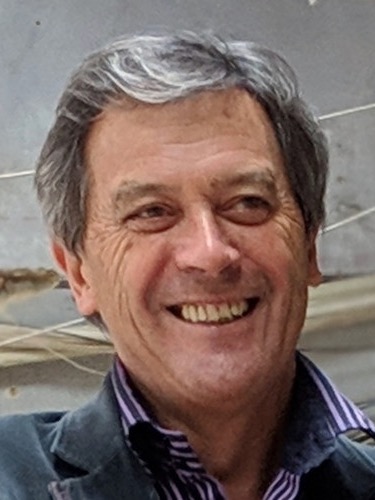
Sir Ian Taylor (Ngāti Kahungunu, Ngāpuhi) is Founder and Managing Director of award winning New Zealand computer graphics production house Animation Research Ltd. Sir Ian’s career includes accolades from Outstanding Maori Business Leader of the Year to a Sports Emmy for “Outstanding New Approaches to Sports Coverage” and Kiwi Bank New Zealand Innovator of the Year. His involvement in indigenous technology blends digital imaging capabilities with Maori history and wisdom. The Land of Voyagers program teaches how integral technology, innovation, and vision were and continue to be to Maori tradition – the same tradition Sir Ian continues today.

Gemma Corrigan leads the Sustainable Markets Initiative and is a Global Leadership Fellow and Senior Economist at the World Economic Forum. She is a passionate proponent of ESG, sustainable and inclusive development and has spent the last decade mobilising investors, corporates, and governments to find shared value, forge partnerships, and adopt responsible long-term strategies that operate in favour of people and the planet.
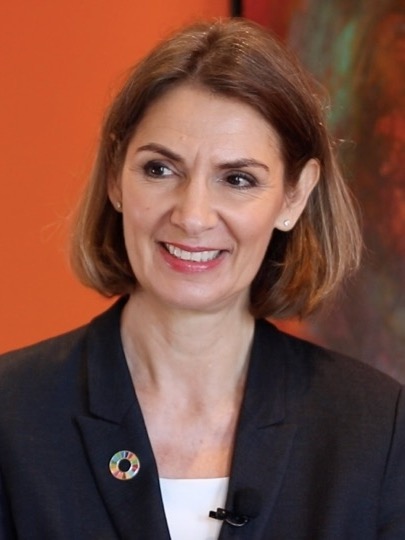
Helle Bank Jorgensen has a 30-year track record in turning Environment, Social, Governance (ESG) risks into innovative and profitable business opportunities. She has trained many global board members and executives. Besides being a board member, she serves on His Royal Highness Prince of Wales A4S Global Expert Panel; The Non-financial Digitisation Working Group of the Impact Management Project (IMP); the Reuters Panel of Expert Judges for the Responsible Business Awards; and the Canadian Climate Governance Experts – a Commonwealth Climate & Law Initiative.
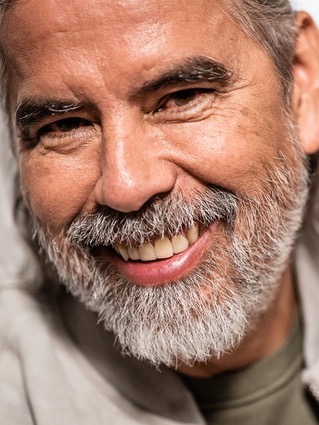
Henk Rogers is a Dutch-born entrepreneur and principal philanthropist of Blue Planet Foundation, whose efforts led to Hawaii becoming the first state in the nation with a policy requiring that 100% of the state’s electricity come from renewable sources by 2045. Rogers’ newest initiative, Blue Planet Alliance, takes a “mandate first” approach to initiate global climate change action by creating measurable results throughout the world. The Alliance’s mission is to regenerate the environment, become 100% sustainable by 2045, and create a world in which humanity and nature live in harmony.

Johan Rockström is Director of the Potsdam Institute for Climate Impact Research and Professor in Earth System Science at the University of Potsdam. He is an internationally recognized scientist on global sustainability issues and led the development of the Planetary Boundaries framework for human development in the current era of rapid global change. Professor Rockström is i.a. member of a European Commission expert group, chair of the Earth Commission, Chief Scientist of Conservation International, and elected member of the German Academy of Sciences Leopoldina.
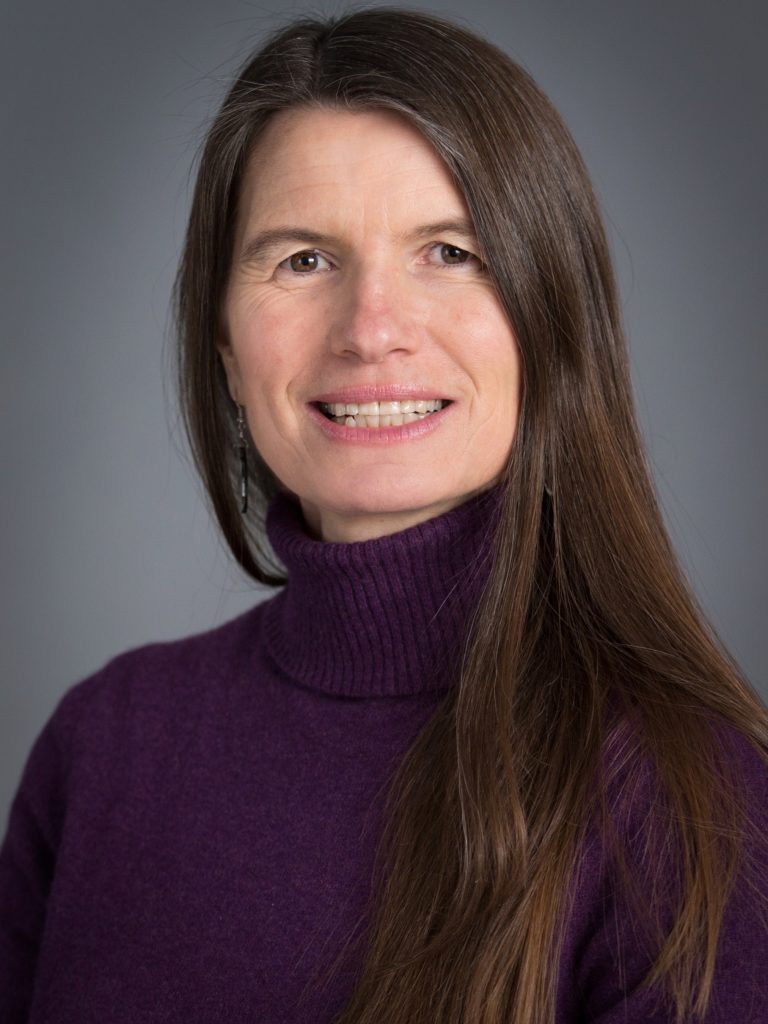
Melissa K. Nelson, Ph.D. (Turtle Mountain Chippewa) is an ecologist and scholar-activist. She is a professor of Indigenous Sustainability in the School of Sustainability, College of Global Futures at ASU. Before joining ASU, she served as a professor of American Indian Studies at San Francisco State University and President/CEO of The Cultural Conservancy. Nelson advocates for Indigenous Peoples in higher education, nonprofits, and philanthropy. She is a community-based scholar focused on Indigenous knowledges, Indigenous environmental activism, land stewardship, and food sovereignty.
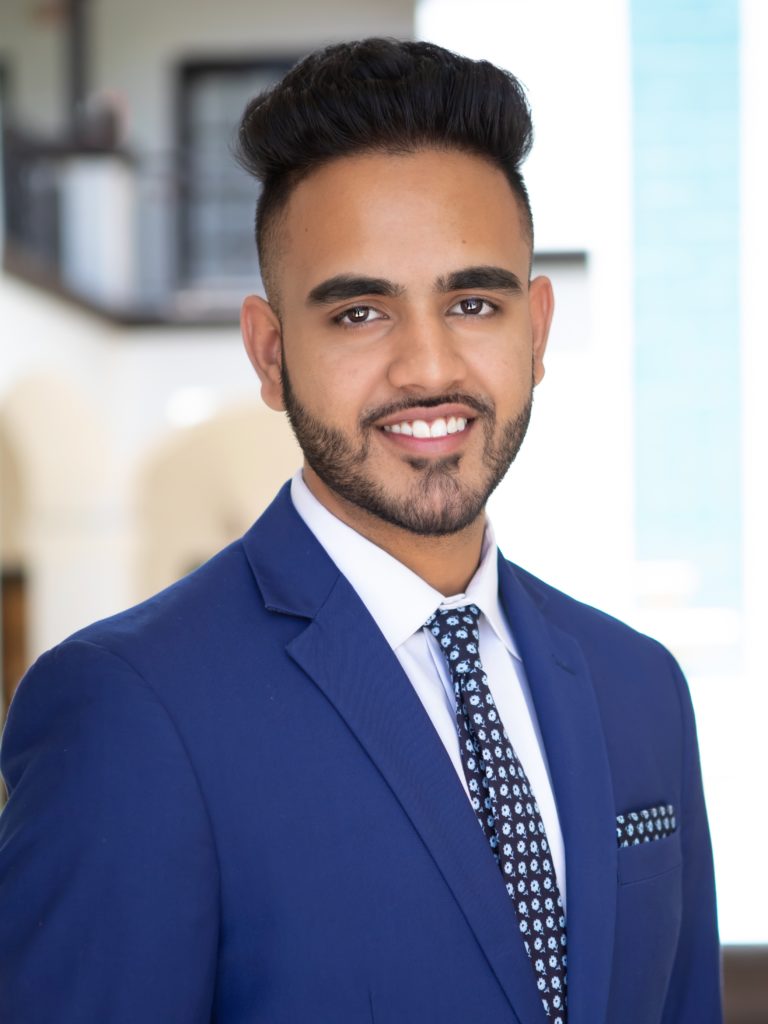
Nikhil Dave was born to two immigrant parents in Chandler, Ariz., and began his time at Arizona State University at the age of 14 studying Alzheimer’s disease. He was named to Arizona’s 18 under 18 and awarded the Flinn Scholarship to continue his education at ASU. There, he led a team of students to win the XPRIZE Next-Gen Mask Challenge and was appointed to the Arizona Board of Regents by Governor Doug Ducey. He has continued the research in Alzheimer’s disease he began years ago and looks to make a career accelerating drug discovery and scientific advancement.
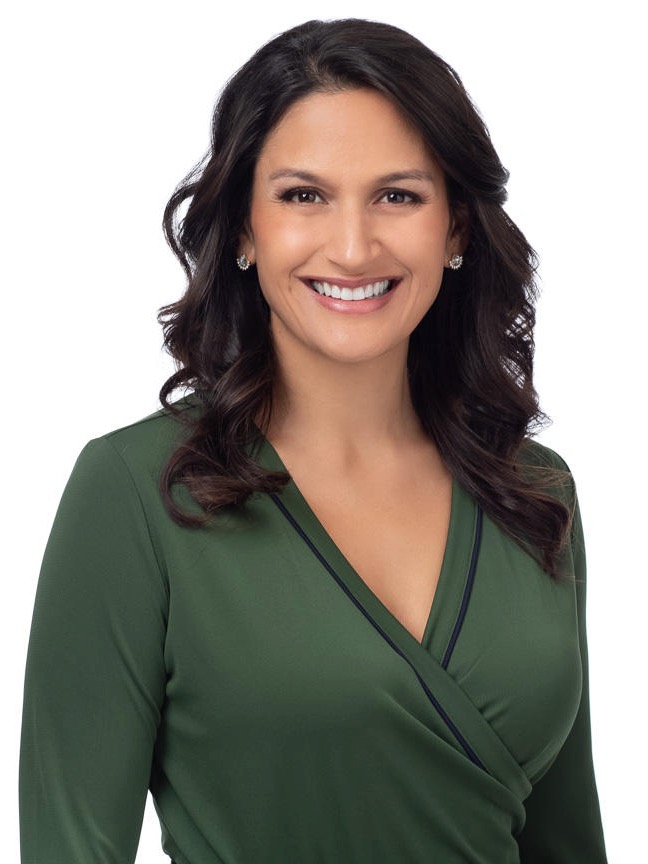
Noel Pacarro Brown joined Morgan Stanley in 2007 as a Financial Advisor and the managing member of The Conscious Wealth Management Group. Founded by her trailblazing mother Gwen Pacarro in 1983, Noel has led their comprehensive wealth management practice for over 14 years, serving families, foundations, and founders nationwide. Her passion for wealth management is rooted in her desire to help people experience both financial and personal success at every stage of life.
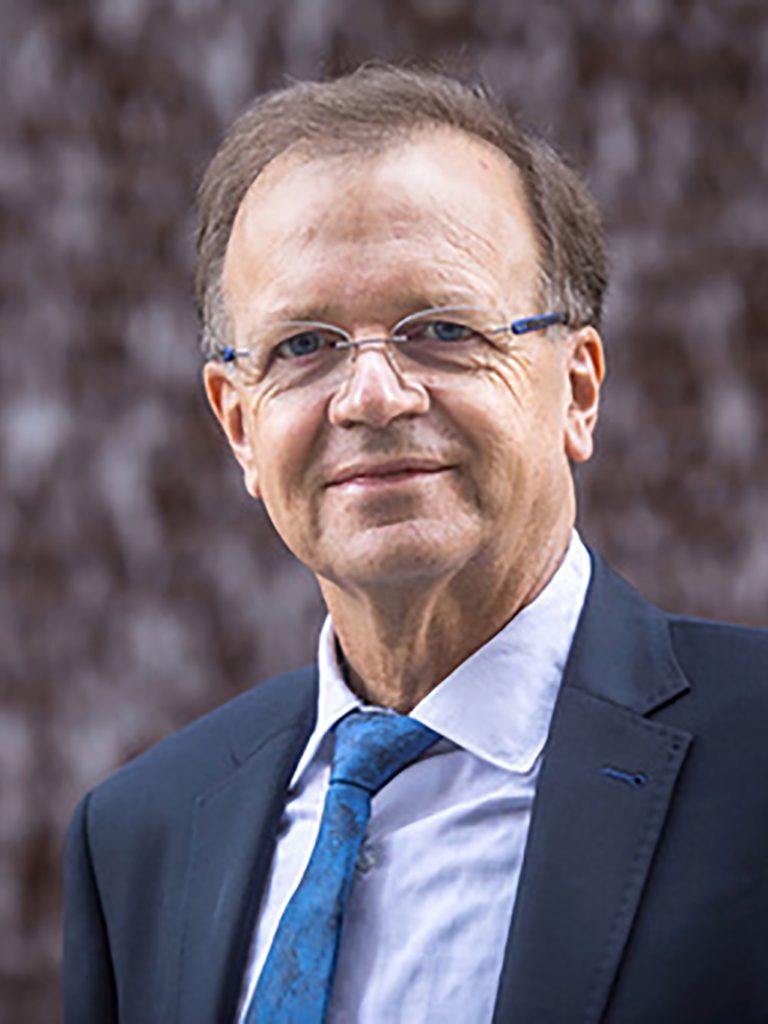
Peter Schlosser is the Vice President and Vice Provost for Global Futures, the University Global Futures Professor, leads the Julie Ann Wrigley Global Futures Laboratory and is the Director of the Global Institute of Sustainability and Innovation at Arizona State University. Schlosser’s research primarily focuses on the circulation of water in the oceans and groundwater including studies of problems caused by human impact. He has served on numerous national and international science steering and advisory committees and is currently Co-Chair of the Earth League and Chair of Steering Group of the International Study of Arctic Change.
Conference Co-Hosts
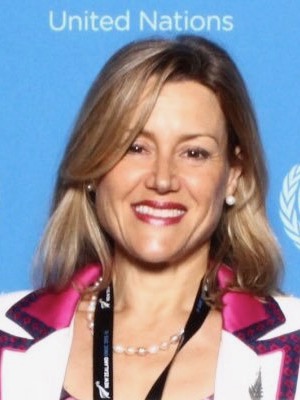
Amanda Ellis is Executive Director, Global Partnerships for the ASU Global Futures Laboratory. She is former New Zealand Ambassador and Permanent Representative to the United Nations in Geneva and Prime Minister’s Special Envoy. An economist by training, Amanda held senior roles at the World Bank, the International Finance Corporation, and Westpac Banking Corporation. Amanda is a founding member of the Financial Alliance for Women and the recipient of the TIAW Lifetime Achievement Award for services to women’s economic empowerment.
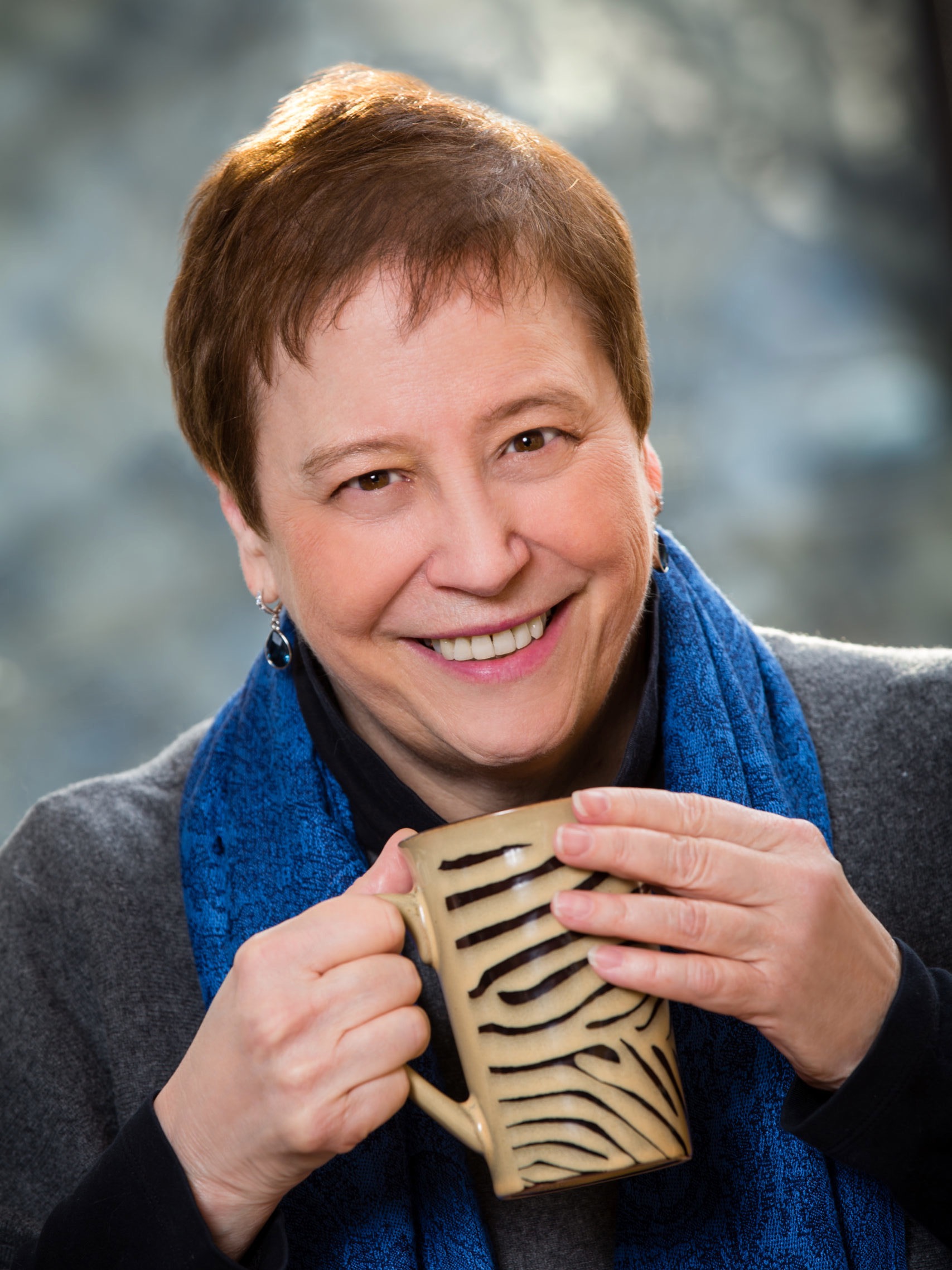
Dr. Kathleen Allen is President of Allen and Associates. She has been a leadership coach for over 21 years, working at the intersection of leadership, innovation, and systems change. She is the author of Leading from the Roots: Nature Inspired Leadership Lessons for Today’s World and has written widely on leadership and change. She writes a weekly blog on leadership and organizations that describes a new paradigm of leadership based in lessons from nature and living systems. She has a doctorate in leadership from the University of San Diego.
Conference Committee
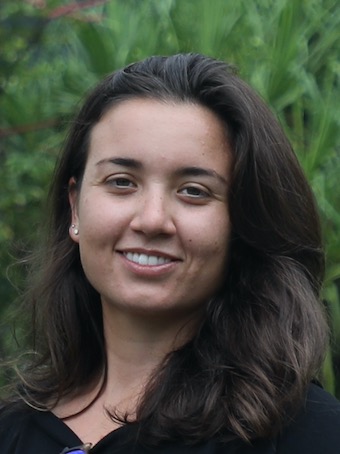
Jessica Givens is the United Nations Sustainable Development Goals (SDG) & Beyond Task Force Coordinator at Arizona State University’s Julie Ann Wrigley Global Futures Laboratory co-chaired by the Thunderbird School of Global Management. Based in the largest and most innovative university in the country, Jessica co-creates strategy and execution of projects related to the SDGs with an emphasis on driving tech-based green growth which scales now and beyond 2030. Jessica holds a Bachelor of Science in Conservation Biology & Ecology and Master of Science & Technology Policy from Arizona State University.
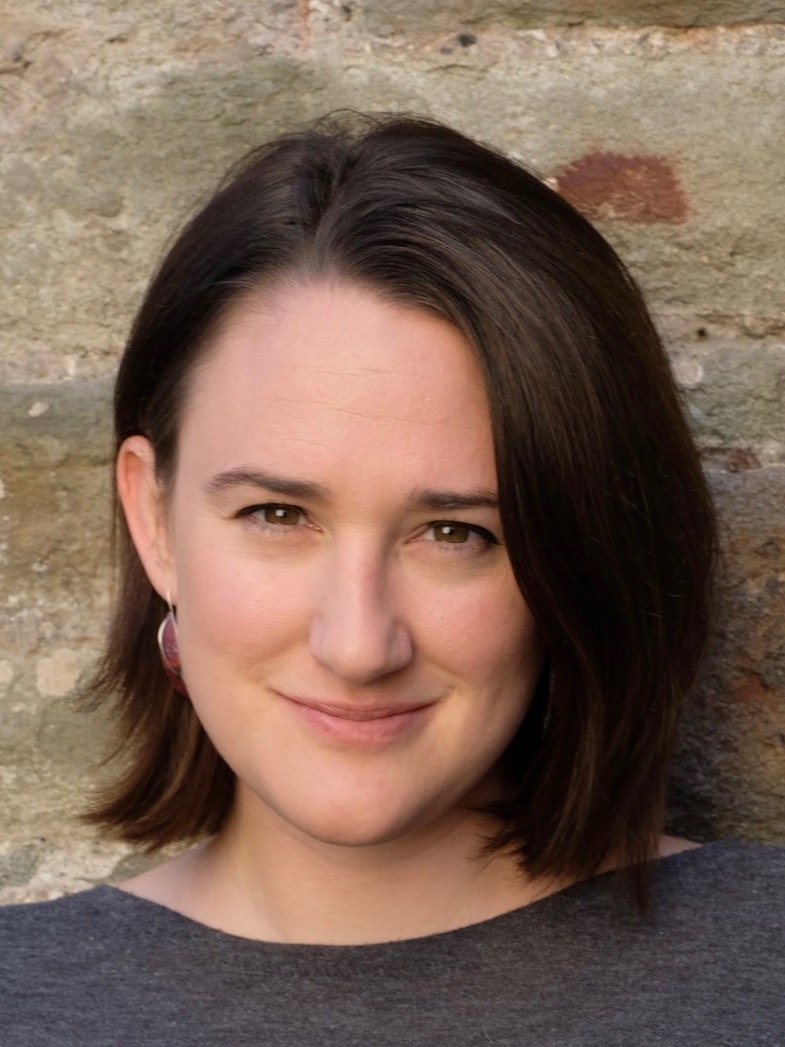
Miriam Gosling Gage works as a Coach specialising in Personal Development challenges. She is an experienced facilitator of large groups, providing them with resources to expand their strengths and leadership in an ever-changing world. Over the past 15 years she has been running large scale events on behalf of international NGOs, creative arts organisations and Pelumbra Ltd.
In her spare time she works with youth leaders and campaigns for conflict-free minerals in consumer electronics. You can read more of Miriam’s work with Congo Calling in ‘Breaking the Zero-Sum Game: Transforming Societies Through Inclusive Leadership’. (Boidano, Aldo and Laginarsino, Raúl, 2016 Emerald Publishing Limited 2016)
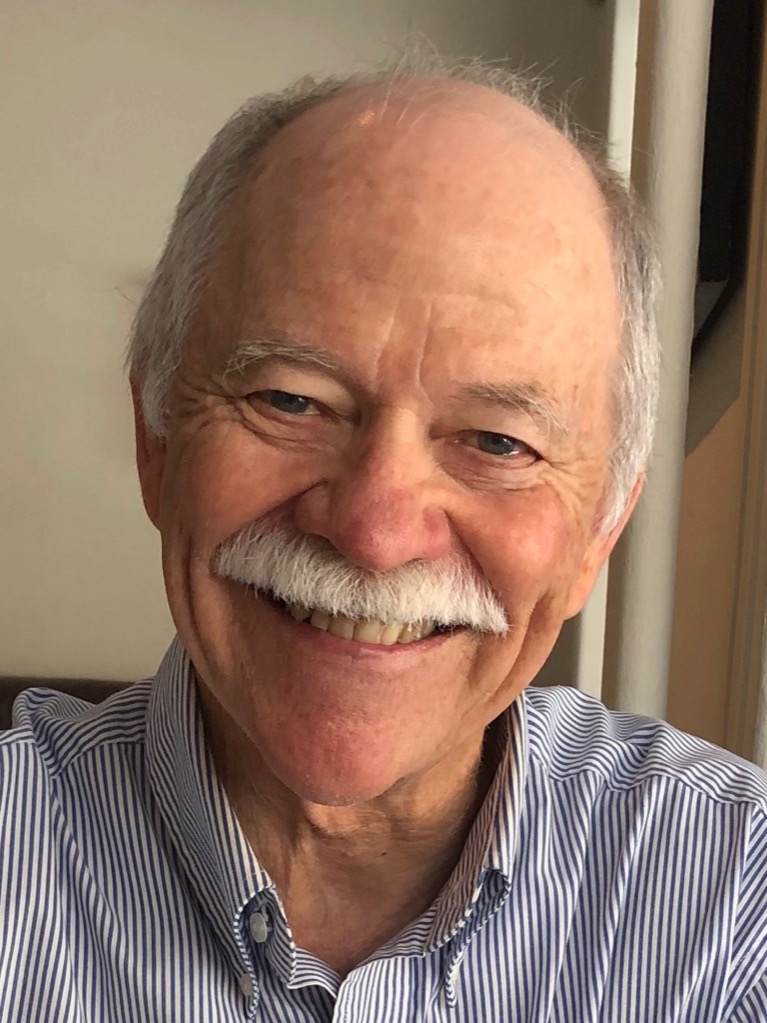
As Associate Teaching Professor and Director of Graduate Programs in the Center for Leadership Education within The Johns Hopkins School of Engineering, Eric Rice teaches Entrepreneurship, Social Entrepreneurship, Management and Building Resilient Communities.
Outside of teaching, his consulting practice focuses on strategy and management development, particularly in environmental and civil engineering.
With partner Lori, he owns and operates the oldest certified organic orchard in the Mid-Atlantic states where recently they were named Farmers of the Food Shed for Innovations in Sustainable Agriculture. He also co-authored of the Maryland state organic program and co-founded both the Maryland Food and Farming Association and the Chesapeake Alliance for Sustainable Agriculture.
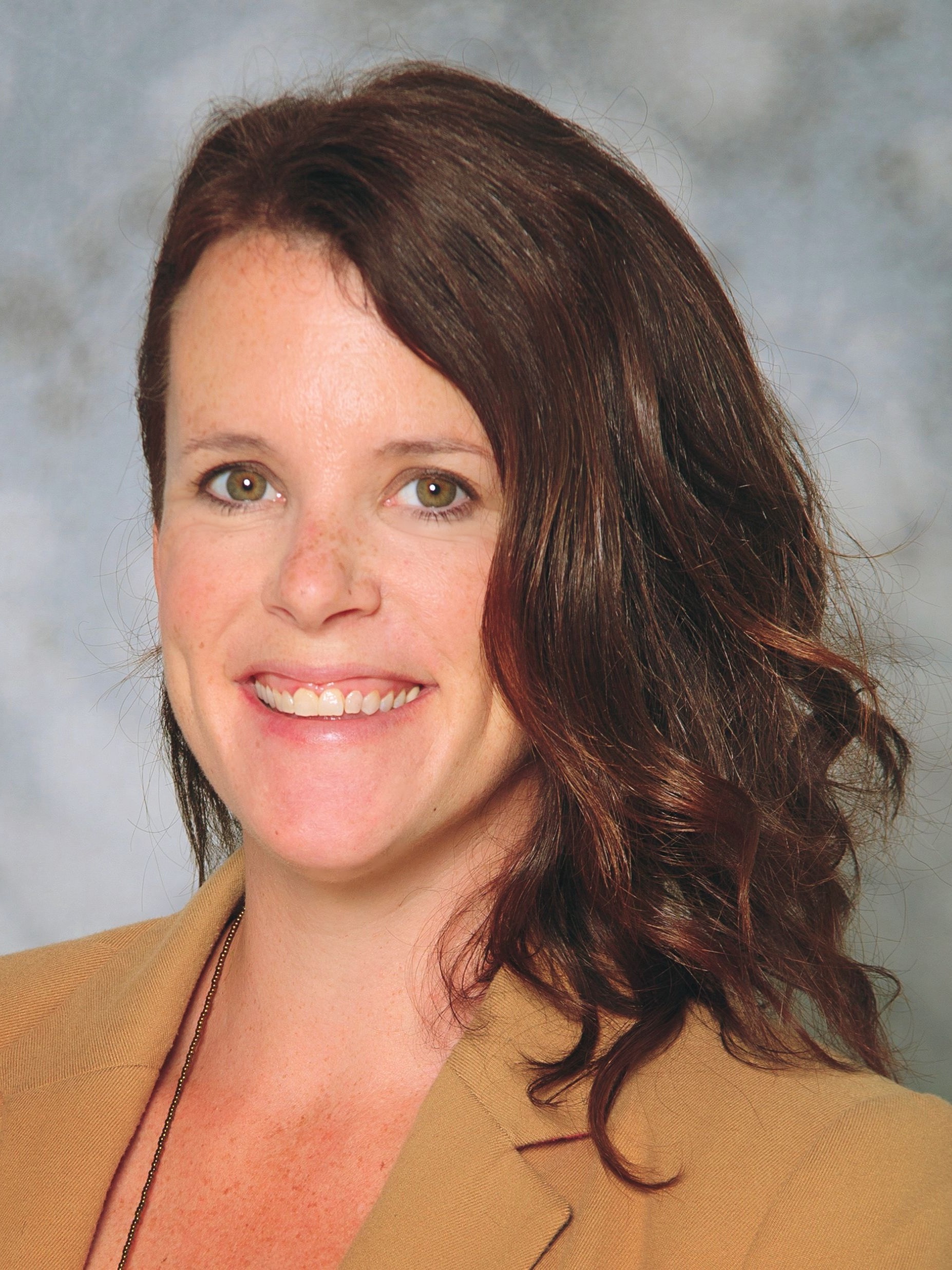
Kate Sheridan is the Director of Career Development at Chatham University in Pittsburgh, Pennsylvania (US). She has 15 years of experience in higher education in teaching, academic administration and student affairs, and has spent most of her career facilitating leadership and professional development opportunities for students. Kate has led and co-authored several publications exploring the confluence of leadership, sustainability, peace, and social justice, and serves as a member of the International Leadership Association Sustainability Leadership Member Community Steering Committee. She received her BA in English from Penn State and her MA in Leadership Studies from the University of San Diego.
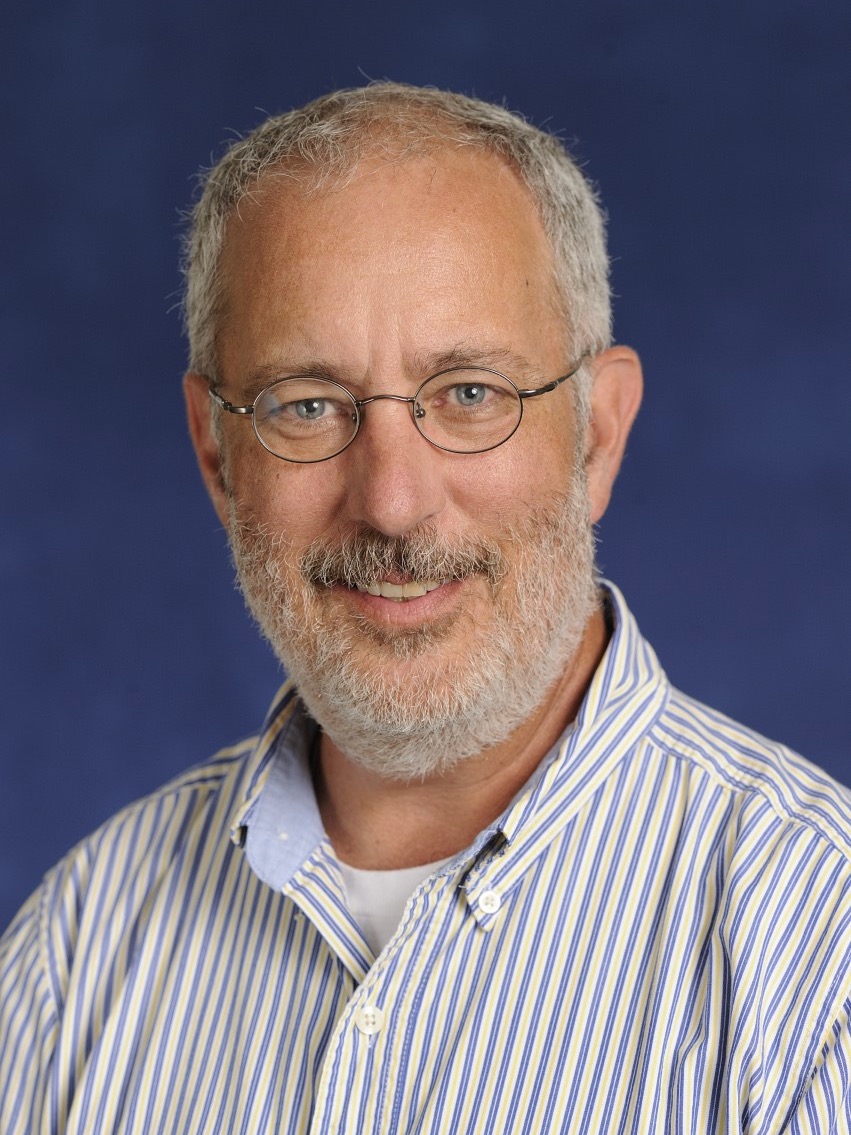
Bill Smedick is a Senior Lecturer and Director of the Leadership Studies Program in the Center for Leadership Education, Whiting School of Engineering, Johns Hopkins University. Bill currently teaches at the undergraduate and graduate levels at JHU and has been involved in leadership education at JHU since 1989. Bill has served in community and professional association leadership roles including Chairperson of the Board of Directors for the National Association for Campus Activities, member of the Board of Directors for the Counsel for the Advancement of Standards in Higher Education (CAS) and the steering committee for the ILA Sustainability Member Community.
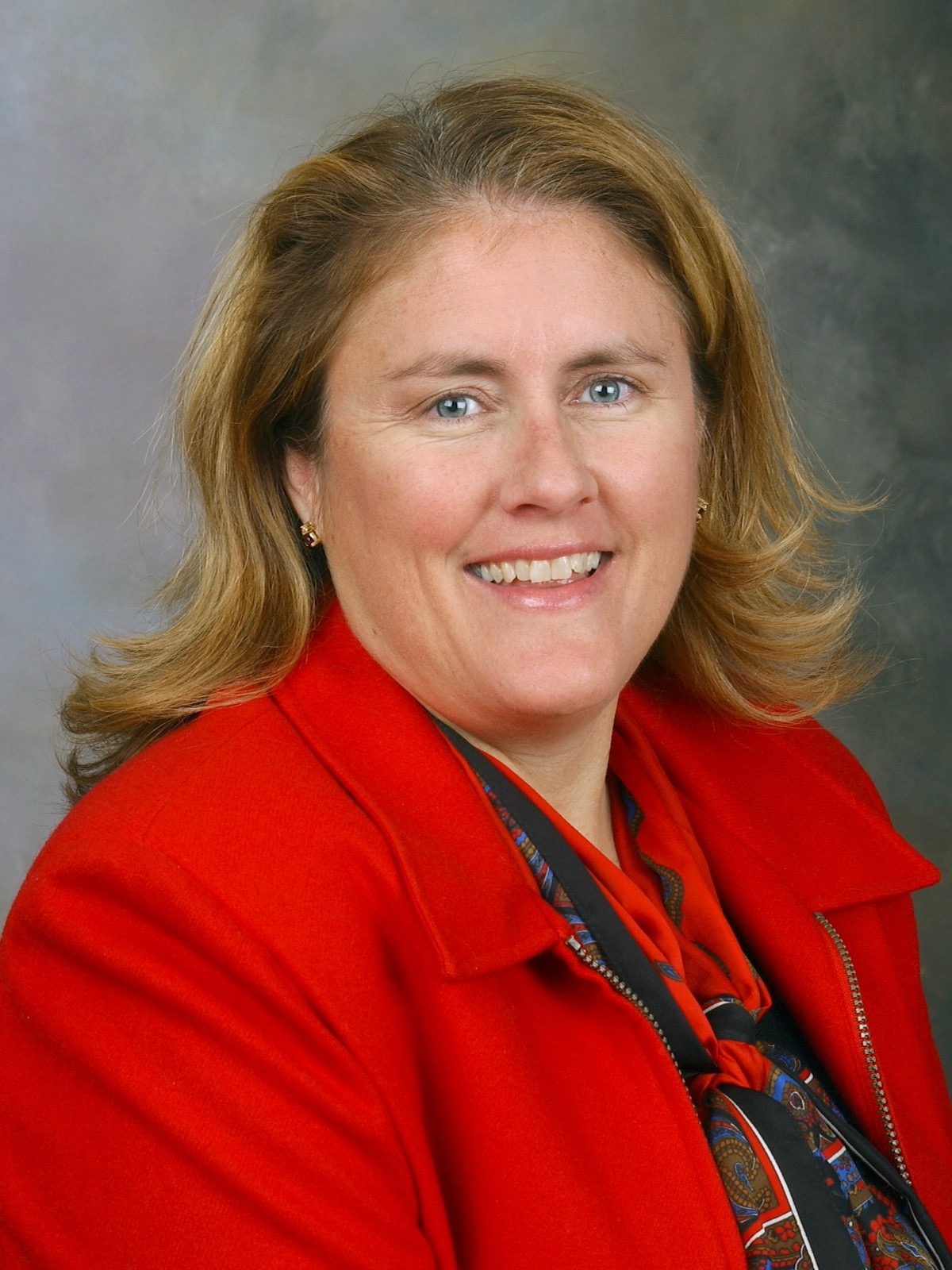
Gayle Spencer is the Director of the Illinois Leadership Center at the University of Illinois at Urbana-Champaign. She also serves as an instructor in the College of Engineering teaching “Emotional Intelligence Skills” and “Leading Sustainable Change.” Previously, she served as an Associate Dean of Student Life and adjunct faculty member for the Staley School of Leadership Studies at Kansas State University.
Spencer served as the Chair of the National Association for Campus Activities (NACA) Board of Directors and was a member of the Board of Directors from 1999-2004. Spencer is currently representing NACA on the Council for Advancement of Standards (CAS) in Higher Education National Board of Representatives.

